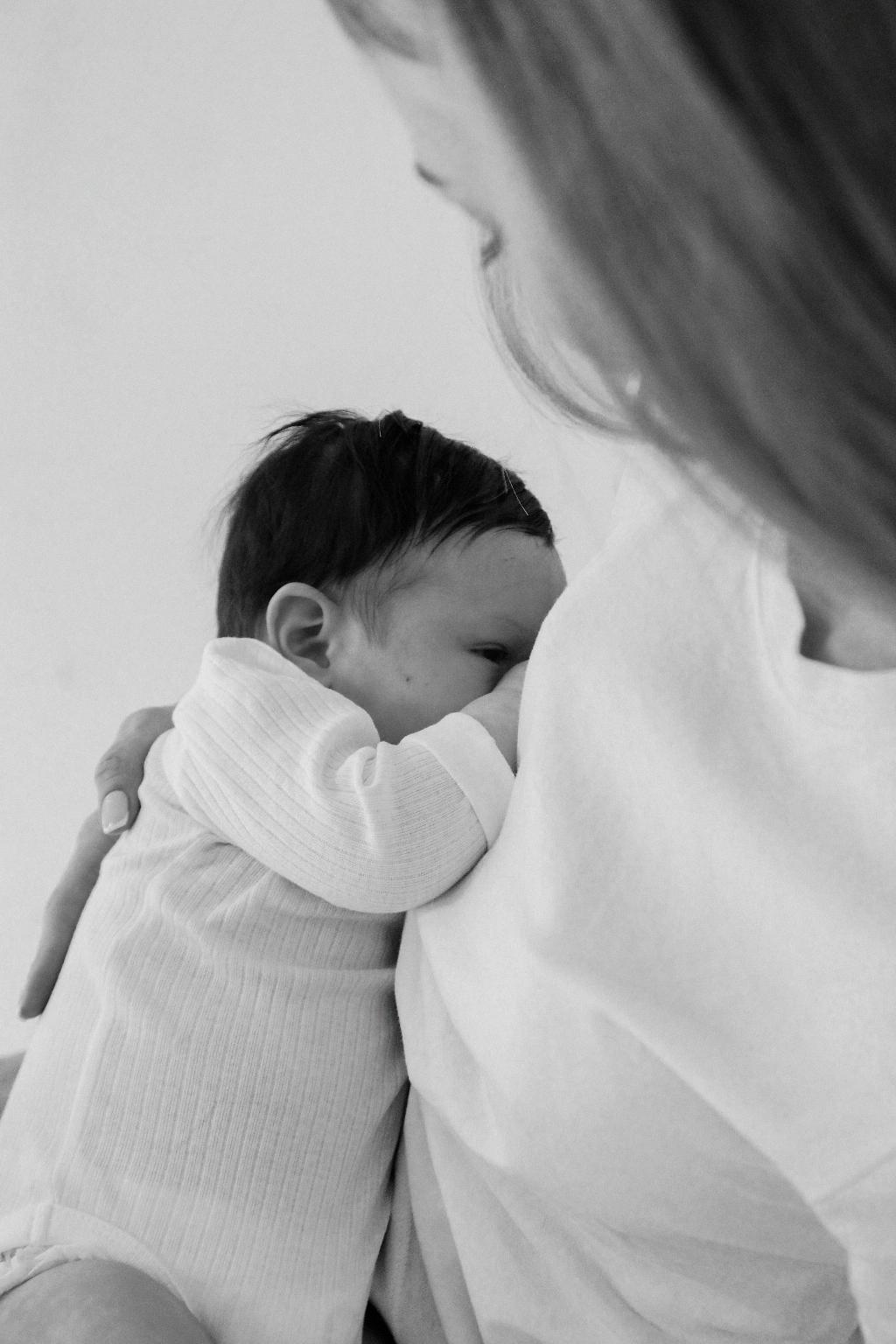One commonly asked question among new mothers is whether they need to eat more while breastfeeding. It is important to understand that the act of breastfeeding does indeed require more energy from the body.
Increased Caloric Intake
During the breastfeeding period, a mother’s body burns additional calories to produce milk and sustain both her own health and that of her baby. It is recommended that breastfeeding mothers consume an additional 300 to 500 calories per day to support this increased energy expenditure.
Nutrient-Rich Diet
While the focus is often on the quantity of calories consumed, it is equally important to pay attention to the quality of the food being eaten. Opting for nutrient-rich foods such as fruits, vegetables, whole grains, lean protein, and healthy fats is essential to meet the increased nutritional demands during breastfeeding.
Listen to Your Body
Every mother’s body is unique, and individual caloric needs can vary based on factors such as metabolism, activity level, and the baby’s feeding patterns. It is crucial to listen to your body’s hunger cues and eat when you are hungry to ensure an adequate intake of calories.
Hydration Matters
In addition to food intake, staying hydrated is paramount for breastfeeding mothers. Consuming an ample amount of water throughout the day not only supports milk production but also helps maintain overall hydration levels in the body.
Meal Timing and Frequency
Spacing out meals and snacks evenly throughout the day can help regulate blood sugar levels and sustain energy levels for both the mother and baby. Aim for balanced meals that include a mix of carbohydrates, proteins, and fats to promote satiety.
Snacking Smartly
Snacking can be an excellent way to boost calorie intake, especially for mothers who may find it challenging to consume larger meals while caring for a newborn. Opt for nutrient-dense snacks like nuts, fruits, yogurt, or whole grain crackers to keep energy levels up.
Maintaining a Healthy Weight
While it is normal to gain some weight during pregnancy, many mothers are eager to shed those extra pounds postpartum. It is essential to strike a balance between losing weight at a healthy pace and ensuring an adequate calorie intake to sustain breastfeeding.
Consulting a Healthcare Provider
If you are unsure about your caloric needs while breastfeeding or have specific dietary concerns, do not hesitate to consult a healthcare provider or a registered dietitian. They can offer personalized guidance based on your individual health profile.
Postpartum Nutrition
Remember that proper nutrition is not only essential during breastfeeding but also plays a crucial role in postpartum recovery. Prioritize nourishing your body with a variety of foods to support healing and overall well-being during this transitional period.
Final Thoughts
In conclusion, while breastfeeding does require additional calories, the emphasis should be on nourishing your body with nutrient-dense foods rather than simply eating more. Listening to your body’s cues, staying hydrated, and maintaining a balanced diet are key aspects of supporting both your own health and that of your breastfeeding baby.
Conclusion
Ultimately, the decision of whether to eat more while breastfeeding should be guided by your individual needs and hunger signals. By prioritizing a balanced and nutrient-rich diet, along with adequate hydration and consulting healthcare professionals when needed, you can support a healthy breastfeeding journey for both you and your baby.

